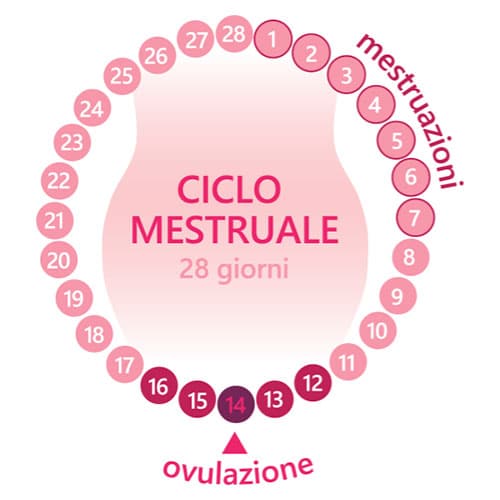


Pregnancy tests identify the hormone beta-hCG, produced by the trophoblast, i.e. the cellular mass around the embryo, which will become the placenta. Beta-hCG tells the mother she is pregnant: the corpus luteum (i.e. the ruptured follicle) will continue producing estrogen and progesterone until late the third month, when the placenta will be able to make enough by itself and the corpus luteum will regress. Progesterone is essential in maintaining the pregnancy: it reduces uterine contractions and helps the maternal immune system to tolerate the embryo.
No. Tiredness, nausea, and breast tenderness are very common in premenstrual phase and cannot give information if the woman is pregnant or not.
No. Many women in a regular ongoing pregnancy do not have symptoms. In particular, nausea may happen after the 6th week, when the hormone beta-hCG is high enough. The most common pregnancy symptom is somnolence, a state of strong desire for sleep or sleeping for unusually long periods.
Do not take any initiative based on the content of this site, this is for informational purposes only and does not substitute medical advice. If you have any doubt concerning your health, you must ask your doctor.